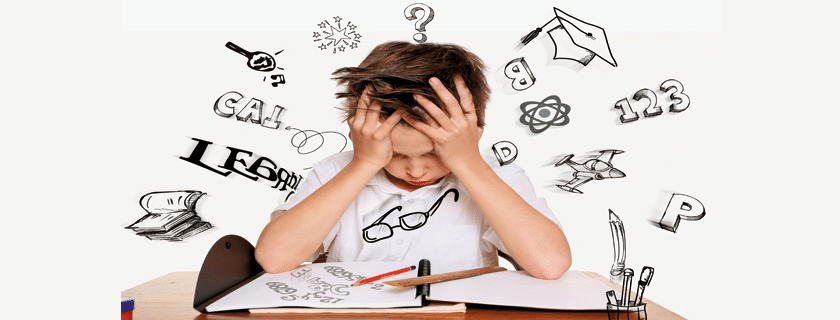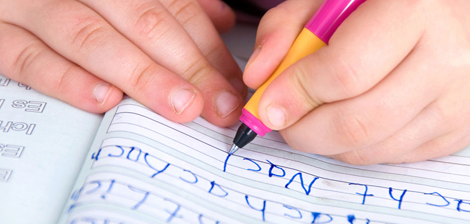
Learning disability is a term used to describe a range of conditions that affect an individual’s ability to learn, process information, and communicate effectively. A learning disability can affect a person’s ability to read, write, speak, listen, understand mathematical concepts, and other areas of academic and daily life. It is important to note that a learning disability is not a sign of low intelligence, and individuals with learning disabilities can achieve great success with appropriate support.
Types of Learning Disabilities:-
There are several types of learning disabilities, including dyslexia, dysgraphia, dyscalculia, and auditory processing disorder. Dyslexia is a learning disability that affects an individual’s ability to read, write, and spell. Dysgraphia affects a person’s ability to write, while dyscalculia affects their ability to perform mathematical calculations. Auditory processing disorder affects a person’s ability to process and interpret sounds.
Symptoms of Learning Disabilities:-
The symptoms of learning disabilities vary depending on the type of learning disability and the individual affected. However, there are some common symptoms that may indicate a learning disability, including:
- Difficulty with reading, writing, and spelling
- Struggles with mathematical concepts and calculations
- Difficulty understanding spoken language or following directions
- Problems with memory, attention, and organization
- Poor hand-eye coordination and fine motor skills
- Difficulty with social skills and communication
Diagnosis of Learning Disabilities:-
Diagnosis of a learning disability typically involves a thorough evaluation of the individual’s cognitive abilities, academic skills, and social-emotional functioning. The evaluation may include standardized tests, interviews with the individual and their family members, and observations of their behavior and academic performance.
It is important to note that a learning disability cannot be diagnosed through a single test or evaluation. Instead, a comprehensive evaluation conducted by a qualified professional is necessary to accurately diagnose a learning disability.
Treatment of Learning Disabilities:-
Treatment of a learning disability typically involves a combination of educational support, accommodations, and specialized therapies. The goal of treatment is to help the individual overcome their learning challenges and achieve their full potential.
Educational support may include specialized instruction in areas where the individual struggles, such as reading, writing, or math. Accommodations may include modifications to the learning environment, such as providing extra time on tests or using assistive technology to help with reading or writing.
Specialized therapies may include speech and language therapy, occupational therapy, or counseling to address social-emotional issues related to the learning disability.
Supporting Individuals with Learning Disabilities
Individuals with learning disabilities can benefit from a supportive and inclusive environment that recognizes and accommodates their unique learning needs. Teachers, parents, and caregivers can play a critical role in supporting individuals with learning disabilities by:
- Providing clear instructions and breaking down complex concepts into smaller, more manageable parts
- Using a variety of teaching strategies and materials to accommodate different learning styles
- Providing regular feedback and opportunities for practice and reinforcement
- Encouraging the individual to develop their strengths and interests
- Advocating for appropriate accommodations and support services in academic and community settings
Conclusion
Learning disabilities are a common and complex condition that affect individuals in different ways. Although they can present significant challenges, individuals with learning disabilities can achieve great success with appropriate support and accommodations. It is important for parents, educators, and caregivers to recognize the signs of a learning disability and work to create a supportive and inclusive environment that meets the individual’s unique learning needs. By doing so, we can help individuals with learning disabilities reach their full potential and contribute to society in meaningful ways.


Get Free Appointment
We are more than happy to give advice on which counselling is most suitable for your needs, depending on your problems. Why not ask us to view your problems and discuss for solution.
